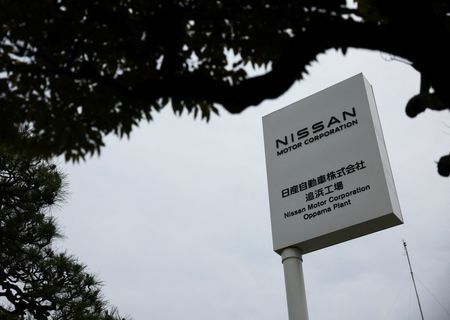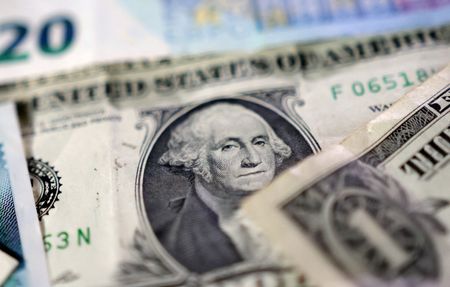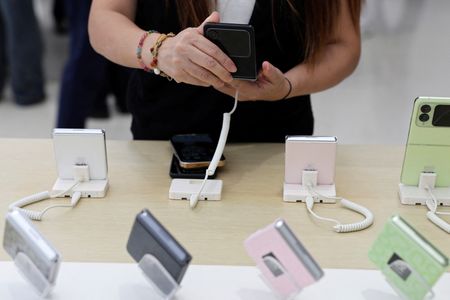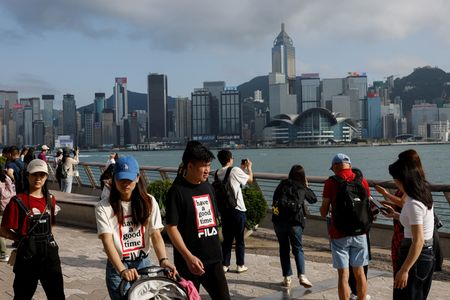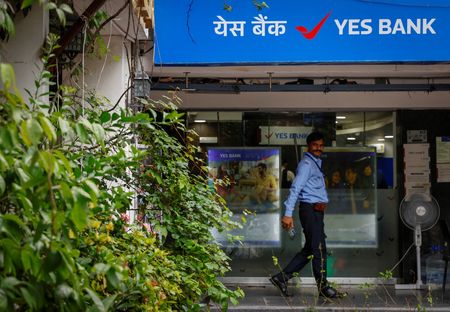YOKOHAMA (Reuters) -Nissan Motor Co will stop producing vehicles at its Oppama plant in Japan by March 2028 and transfer operations to its factory in the southern prefecture of Fukuoka as part of a global restructuring plan to cut capacity, it said on Tuesday.
Japan’s third-largest automaker will also cease production at Nissan Shatai’s Shonan factory that builds light commercial vehicles by March 2027, CEO Ivan Espinosa said.
Espinosa has announced sweeping plans aimed at turning around the embattled automaker, including slashing global production capacity to 2.5 million vehicles from 3.5 million and manufacturing sites to 10 from 17.
Reuters reported last week that Nissan was in talks to allow Taiwan’s Foxconn to use the Oppama factory, in the port city of Yokosuka, south of Tokyo, to produce EVs and avert a closure.
“It was a difficult decision for both myself and the company,” Espinosa told reporters at the automaker’s headquarters in Yokohama. “However, we believe it is necessary for Nissan to overcome its current challenging situation.”
Espinosa said Nissan was exploring various options for repurposing the assets in negotiations with “multiple partners”, declining to elaborate, citing confidentiality agreements.
Costs related to the transfer of production to Nissan Motor Kyushu will be disclosed along with first-quarter financial results, Nissan said.
When the Oppama factory opened in 1961, it was one of Japan’s first large-scale auto factories and a symbol of Nissan’s – and Japan’s – global ambitions. Long referred to as Nissan’s “mother factory”, it employs 3,900 workers and has produced more than 17.8 million vehicles to date.
Other facilities and functions in the district such as the Nissan Research Center and a crash-test facility will be unaffected, Nissan said. Espinosa said that about 2,400 workers from the Oppama factory could be transferred to non-factory functions or to other plants.
Battered by declining sales in the United States and China, Nissan faces large debt repayments and mounting losses.
Espinosa said factory utilisation at Nissan’s domestic factories remained low, at an average of 60%. Once production from Oppama moves to Nissan Motor Kyushu, utilisation would rise at the latter to 100%, he said.
(Reporting by Maki Shiraki, Satoshi Sugiyama, Tokyo Newsroom. Editing by Kim Coghill and Mark Potter)

